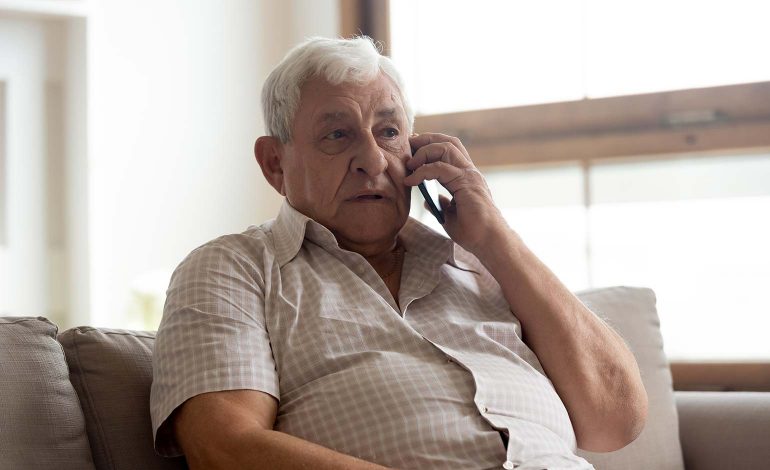A group of independent therapists have joined together to offer psychological “first aid” at a minimal cost to anyone feeling overwhelmed by the coronavirus crisis in the Bath and Bristol area.

Bath-based clinical psychologist Dr Eric Ryden, who launched the project last week, said: “The impact of social isolation, loss of loved ones and concerns about the pandemic can be both serious in the short term, and affect our psychological wellbeing in the long term.”
More than a dozen independent therapists have so far signed up to offer local people brief, targetted support, designed to help highly distressed people feel calmer and better able to cope with their challenges, by phone or video link.
Each practitioner has set their own offer, depending on their individual circumstances and specialism, ranging from no fee at all to £30.
These costs are significantly lower than the fee each would charge in their own private practices.
Potential clients can access support through the website https://weliketohelp.uk where each therapist has a profile.
Dr Ryden continued: “In these extraordinary times, it’s understandable that the country’s mental health services are struggling to meet the new and immense demand for support, and the availability of alternatives can be difficult to find.
“In the hope of meeting some of this need, we have come together to reach out to the local community during the crisis.”
Some members of the founding group have spoken about why they got involved:
Cognitive Behavioural Therapist Hannah Byrne specialises in helping children and families.
She said: “Balancing having children at home full-time with home working, health worries, financial concerns and dependents is really challenging.
“For some young people, the pandemic may worsen anxieties they were already struggling with. I hope to alleviate some of these emotional struggles.”
Emma Foster, a Cognitive Behavioural Therapist who specialises in integrating mental and physical wellbeing, said it was “an absolute honour” to be part of the group. “I am acutely aware of the importance of connection and of being seen, heard and understood – especially now, given the threats that social distancing and isolation pose to mental health and in turn to the immune system.”
She added: “Many thanks to Eric for his quick thinking in developing this initiative.”
Dr Ryden hopes that the group will expand, with even more mental wellbeing practitioners helping to make brief psychological support accessible to as many people as possible during the crisis.
He concluded: “In turn, I hope the group can act as a peer support network as we all adjust our services to meet new challenges.”
Mental wellbeing therapists who hold memberships of relevant professional regulatory bodies are invited to contact Dr Ryden through the website.



